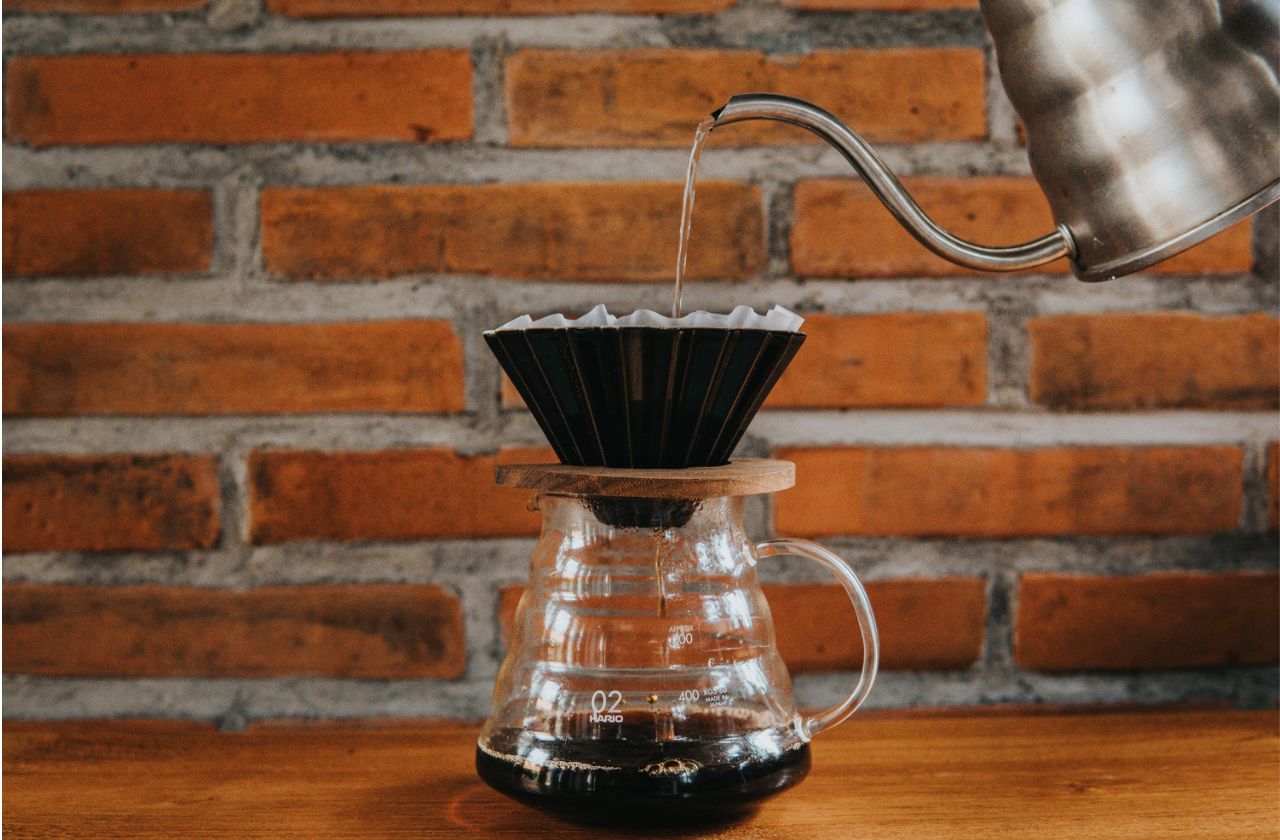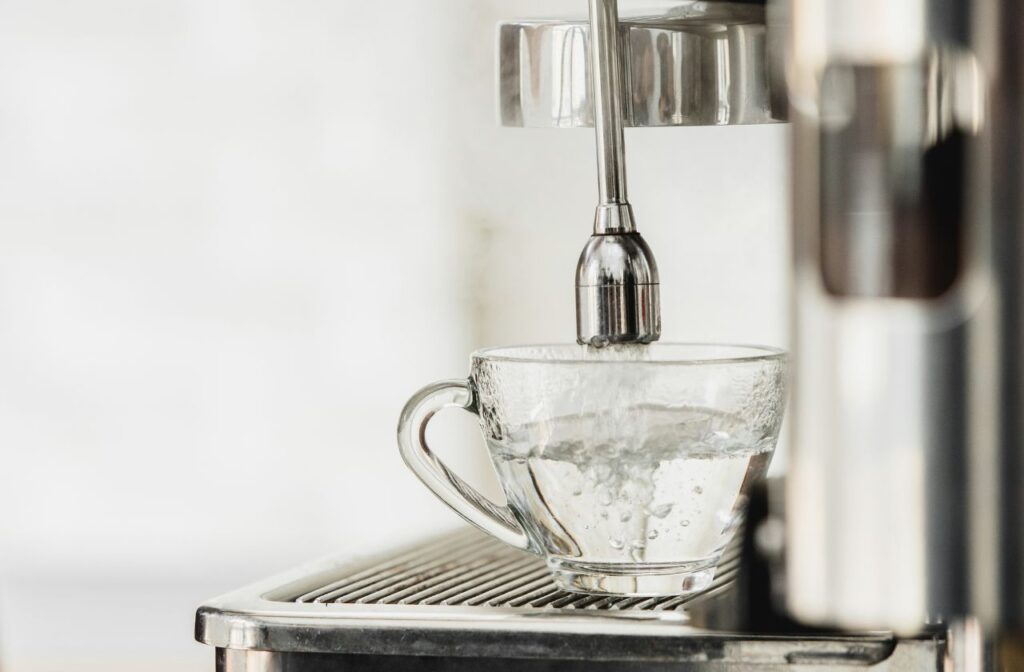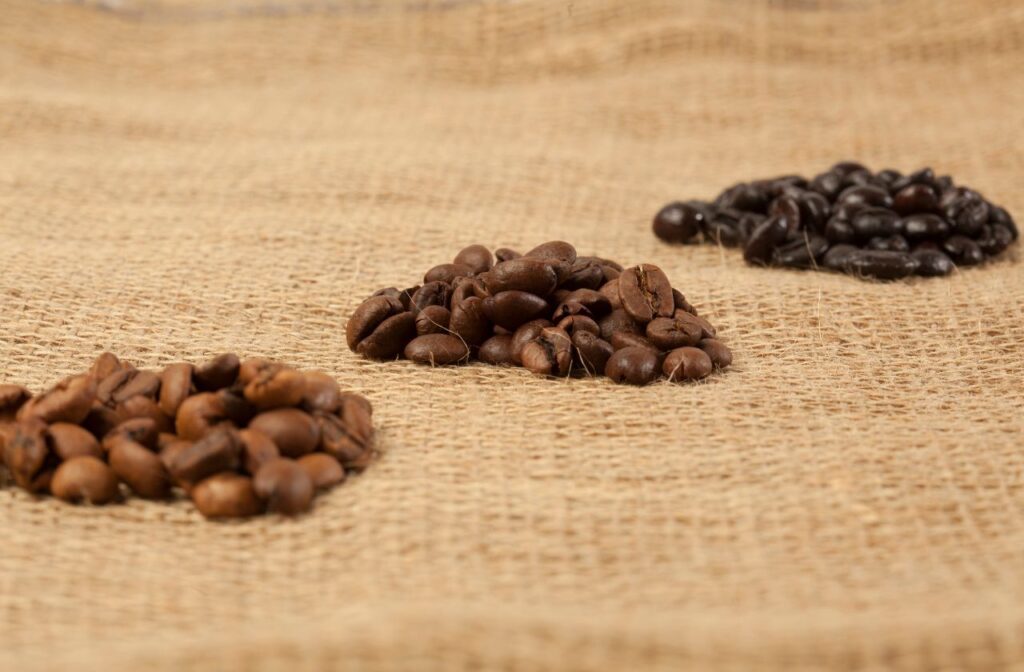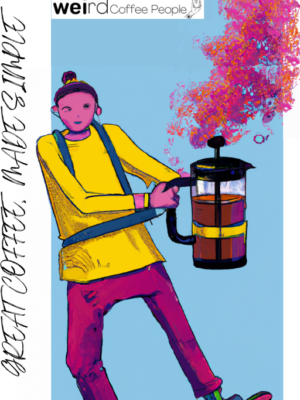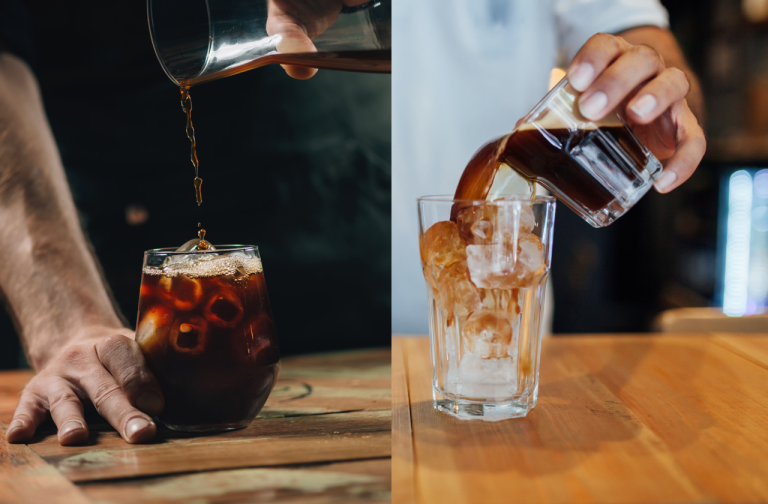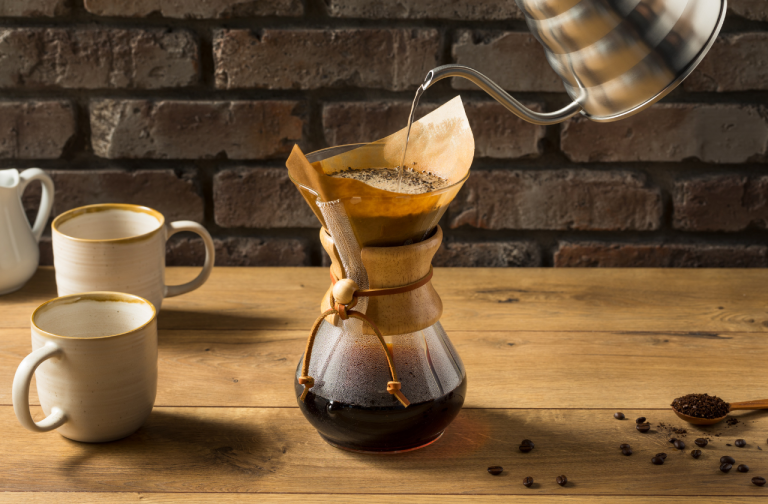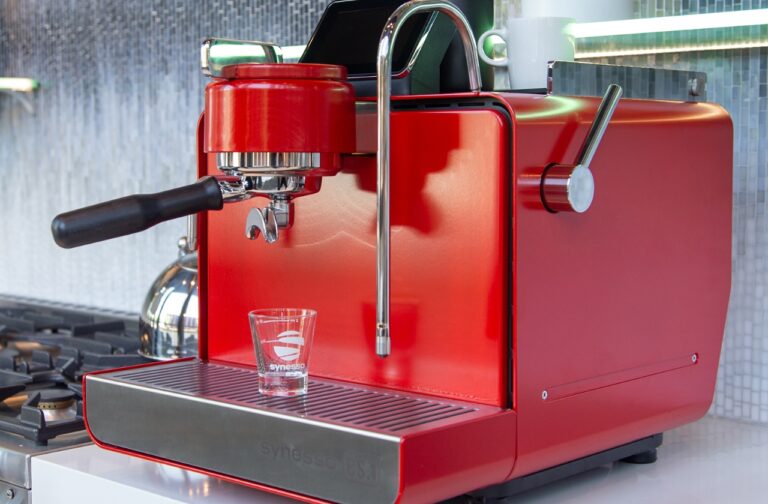The Best Water For Coffee Brewing: Your Ultimate Guide
When you wake up in the morning craving that perfect cup of coffee, you might think about the quality of your coffee beans or the type of coffee maker you use. But there’s another hero in this story that often goes unnoticed: water. Yes, the water you use to brew your coffee plays a massive role in how your coffee tastes. It can be the difference between an okay cup of coffee and a fantastic one that brightens your entire day.
In this guide, we’ll discuss why the quality of water is critical for brewing coffee, the types of water you can use, and how to make sure your water is just right for the perfect cup of coffee.
Why Water Quality Matters in Coffee Brewing
Water might seem like, well, water. However, not all water is the same, especially when it comes to coffee brewing. Think of your coffee as a delicate chemistry experiment. The water acts as a solvent, extracting the flavors and oils from your coffee grounds. But not all elements are extracted equally.
The minerals in water, such as calcium and magnesium, can significantly influence which flavors are extracted, affecting the overall taste of your coffee. Magnesium tends to highlight the acidity and brightness of your coffee, while calcium can make it taste bolder and richer.
The minerals in water, such as calcium and magnesium, can significantly influence which flavors are extracted, affecting the overall taste of your coffee. For example, water with a high mineral content can lead to over-extraction, making your coffee taste bitter. Water that’s too pure might under-extract your coffee, resulting in a flat and weak cup.
Types of Water for Coffee Brewing
When it comes to brewing the perfect cup of coffee, the type of water you use is as crucial as the quality of the coffee beans themselves. Water, the silent ingredient in every coffee cup, can dramatically alter the taste, aroma, and overall enjoyment of your coffee.
From tap water’s mineral-laden journey to filtered water’s purity, bottled water’s environmental footprint, and distilled water’s starkness, each type carries its own set of characteristics, benefits, and drawbacks. Understanding the nuances of these water types can transform your brewing process, ensuring that each cup of coffee you make is not just good but exceptional.
Tap Water
- Pros: Convenient and readily available.
- Cons: Can contain impurities and varying levels of minerals depending on your location.
- Suitability: It might be fine in areas with high-quality tap water, but consider testing for hardness and treating if necessary.
Filtered Water
- Benefits: Removes impurities and can be customized to achieve the right mineral balance for coffee brewing.
- For Coffee Brewing: The most recommended option, as it allows for consistency and control over water quality.
Bottled Water
- Types to Use: Look for spring water with a balanced mineral content.
- Types to Avoid: Highly purified or distilled water, as they lack the minerals needed for optimal extraction.
- For Coffee Brewing: A convenient option if filtered water isn’t available, but be mindful of the environmental impact.
Distilled Water
- Why It’s Not Recommended: While pure, it lacks the essential minerals for proper coffee extraction, leading to flat and underwhelming coffee.
How to Test and Improve Your Water at Home
Testing your water’s hardness and pH is simpler than it sounds. You can use readily available test strips from a hardware store. If your water doesn’t meet the ideal standards for coffee brewing, don’t worry. Water filters and softeners can remove unwanted impurities and adjust hardness.
For those looking for a more hands-on approach, creating your own mineral water using distilled water and adding minerals can be a fun experiment to achieve the perfect brewing water.
Here’s a straightforward, step-by-step guide on how to test and improve your water at home, making it ideal for brewing that perfect cup.
Step 1: Test Your Water
- Purchase a Water Testing Kit: Start by getting a water testing kit from a hardware store or online. Look for a kit that measures hardness, pH levels, and mineral content (specifically calcium and magnesium).
- Collect a Water Sample: Fill a clean glass with water from your tap.
- Follow the Testing Kit Instructions: Use the provided strips or digital meter to test your water. Record the levels of hardness (measured in ppm or mg/L), pH, and mineral content.
Step 2: Interpret the Results
Compare your results against the ideal water composition for coffee brewing (See the ideal water composition table below)
Step 3: Choose a Filtration System
Based on your test results, decide on the type of filtration or purification system needed. For high mineral content, consider a filter that can reduce hardness without stripping away all minerals. For contaminants or chlorine taste, a carbon filter might be sufficient.
Step 4: Install and Maintain Your Filtration System
Follow the manufacturer’s instructions to install your water filtration system. This might involve attaching a filter to your faucet, setting up a pitcher filter, or installing a whole-house system.
Regularly maintain and replace filters as recommended to ensure your water quality remains optimal for coffee brewing.
Step 5: Re-test and Adjust as Necessary
Periodically re-test your water to ensure it continues to meet the ideal standards for coffee brewing. If your water quality changes (due to changes in your local water supply, for example), adjust your filtration setup accordingly.
Step 6: Consider Remineralization (If Using Distilled or Reverse Osmosis Water)
If you’re using distilled or reverse osmosis water, consider adding minerals back into the water to reach the ideal composition for coffee brewing. You can purchase remineralization kits or use a DIY approach with food-grade mineral additives.
Step 7: Enjoy Your Coffee
With your water quality optimized, brew your coffee as usual and enjoy the difference. You might notice a significant improvement in taste, aroma, and overall quality of your coffee.
Weird Coffee Tip: Selecting the correct coffee beans for your perfect brew is easy when you know how. Read this article to find out how to choose the coffee roast that you need:
The Ultimate Coffee Roast Guide: Exploring Light, Medium, and Dark Beans
The Ideal Water Composition for Coffee
The Specialty Coffee Association (SCA) provides guidelines for the ideal water composition, which strikes a balance between mineral content and purity. This ensures optimal flavor extraction without overshadowing the coffee’s inherent characteristics, which can significantly affect the coffee’s final taste profile.
Below is a table outlining the SCA’s recommended water composition for brewing coffee. This table serves as a guide to understanding how each element within your water can influence the brewing process and the final taste of your coffee. By aiming for these ideal ranges, you can improve your coffee brewing experience and enjoy a cup that truly reflects the quality of your beans.
| Element | Ideal Range | Notes |
| Total Hardness | 50-175 ppm | Measures overall mineral content; too high can be detrimental |
| Calcium Hardness | 17-85 ppm | Buffers acidity: crucial for balancing the coffee’s natural acidity |
| Total Alkalinity | 40-70 ppm | Buffers acidity; crucial for balancing the coffee’s natural acidity |
| pH Level | 7.0 | A neutral pH ensures that water is neither too acidic nor too alkaline |
| Sodium | Under 30 ppm | High levels can impart an undesirable taste |
Advanced Tips for Coffee Aficionados
Customizing your water’s mineral content for different types of coffee can be a game-changer for those intent on exploring the world of coffee brewing.
- Lighter roasts might benefit from water with a higher magnesium content to accentuate their acidity.
- Darker roasts might do better with a higher calcium content to emphasize their richness.
- Third-party products and tools are designed to optimize your brewing water, from water filters specifically made for coffee enthusiasts to mineral packets that can be added to distilled water.
- Attention to water temperature is crucial, as it affects the extraction process and the final taste of coffee.
FAQs
Can I use softened water for coffee brewing? Softened water can reduce scale buildup in your coffee machine but might strip away beneficial minerals. It’s better to use filtered water with a balanced mineral content.
How often should I test my brewing water? If you’re using tap or filtered water, testing every few months is a good practice. However, if your water source or treatment method changes, test before brewing again.
Is tap water bad for my coffee machine? It depends on your tap water’s quality. Hard water can lead to scale buildup, which can damage your machine over time. Using filtered or softened water can help prevent this.
Conclusion
Water might seem like a simple ingredient, but its impact on coffee brewing is profound. By understanding the role of water quality and taking steps to optimize it, you can unlock the full potential of your coffee beans.
Whether you’re experimenting with different types of water, adjusting your home’s water filtration system, or exploring the world of water additives, the quest for the perfect cup of coffee is a rewarding journey. So, take a moment to consider the water you’re using in your next brew. It might just be the final piece of the puzzle in achieving your best cup of coffee yet.
-
Espresso Express eBook
R180,00 -
From Bean To Brew eBook
R450,00 -
Great Coffee, Made Simple
R0,00
